Throughout American history, some laws have stood out not only for their strangeness but also for their unexpectedness. These bizarre regulations, often rooted in unique local customs and concerns, provide a fascinating glimpse into the quirky side of legal history. From banning ice cream cones in pockets to prohibiting bear wrestling, here are 19 weird old American laws that you won’t believe were ever passed.
No Ice Cream Cones in Your Pocket (Kentucky)

In Kentucky, it is illegal to carry an ice cream cone in your pocket. This odd regulation dates back to the 19th century, when horse thieves would use ice cream to lure horses away without being caught. By putting the sweet treat in their pockets, they could lead the animals discreetly. Although it sounds amusing today, the law served a practical purpose during its time. Surprisingly, this quirky rule is still technically on the books.
No Hunting Camels (Arizona)

Arizona has a peculiar law that prohibits hunting camels. This unusual statute originated when the U.S. Army experimented with using camels for transportation in the desert in the mid-1800s. Despite the experiment’s failure and the subsequent release of the camels into the wild, the law remained. It’s a fascinating reminder of a little-known chapter in American history. Today, while there are no wild camels to hunt, the law still stands as a quirky relic of the past.
No Drunk Fishing (Ohio)
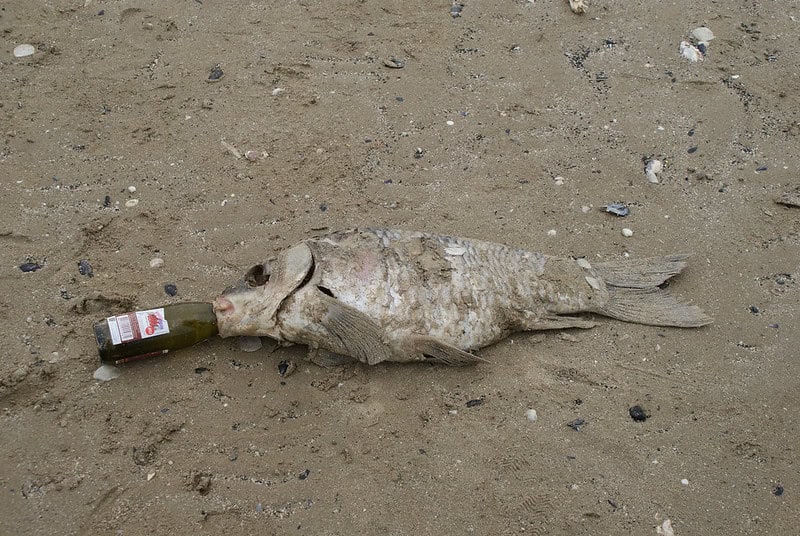
In Ohio, getting a fish drunk is against the law. This bizarre regulation was likely introduced to prevent individuals from tampering with wildlife in unnatural ways. The concept of intoxicating a fish might seem ludicrous, but the law underscores a commitment to protecting aquatic life. It serves as an example of how far lawmakers would go to ensure ethical treatment of animals, even those in the water.
No Fake Mustaches in Church (Alabama)

Alabama law makes it illegal to wear a fake mustache in church if it causes laughter. This strange rule likely aimed to maintain reverence during religious services. The idea of a congregation disrupted by giggles over a phony mustache might sound silly, but the intent was serious. Ensuring decorum in places of worship was the primary goal, reflecting the state’s effort to preserve the solemnity of religious gatherings.
No Gargling in Public (Louisiana)

Public gargling is prohibited in Louisiana. This odd law was probably enacted to promote public hygiene and prevent disturbances. The image of someone loudly gargling in a public space might not sit well with others, prompting lawmakers to step in. Although it may seem trivial now, the law highlights past concerns about maintaining a certain level of public decorum and health standards.
No Dueling (Mississippi)
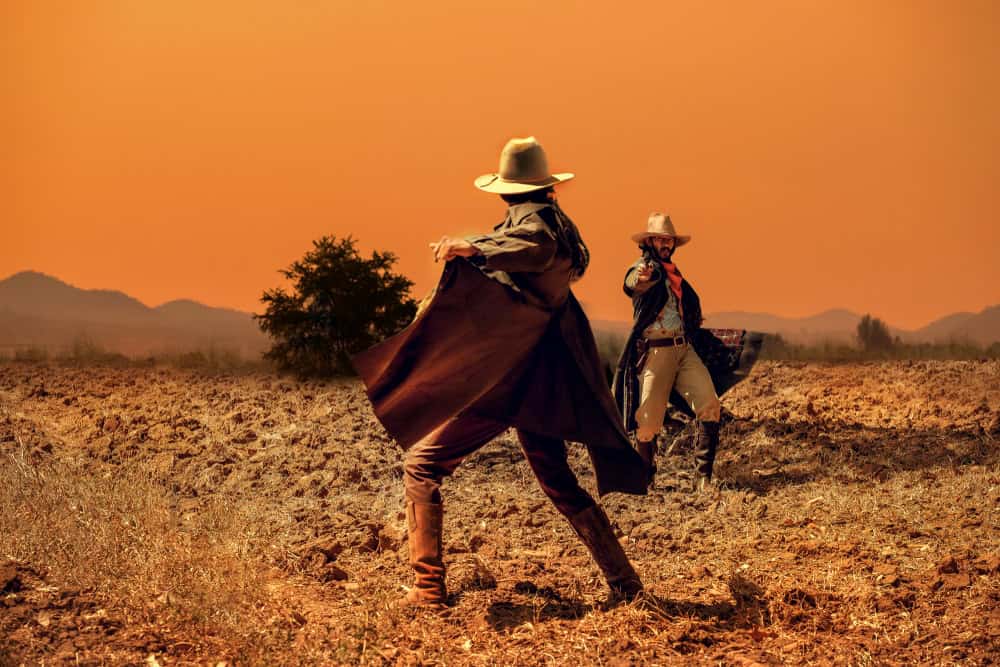
In Mississippi, engaging in a duel with deadly weapons is illegal. This law was introduced to curb the violent practice of resolving disputes through dueling, which was once common. By making dueling a criminal offense, the state aimed to promote peaceful conflict resolution. This regulation serves as a reminder of the state’s efforts to move away from its more violent past and foster a safer community.
No Walking Backwards After Sunset (Devon, Connecticut)
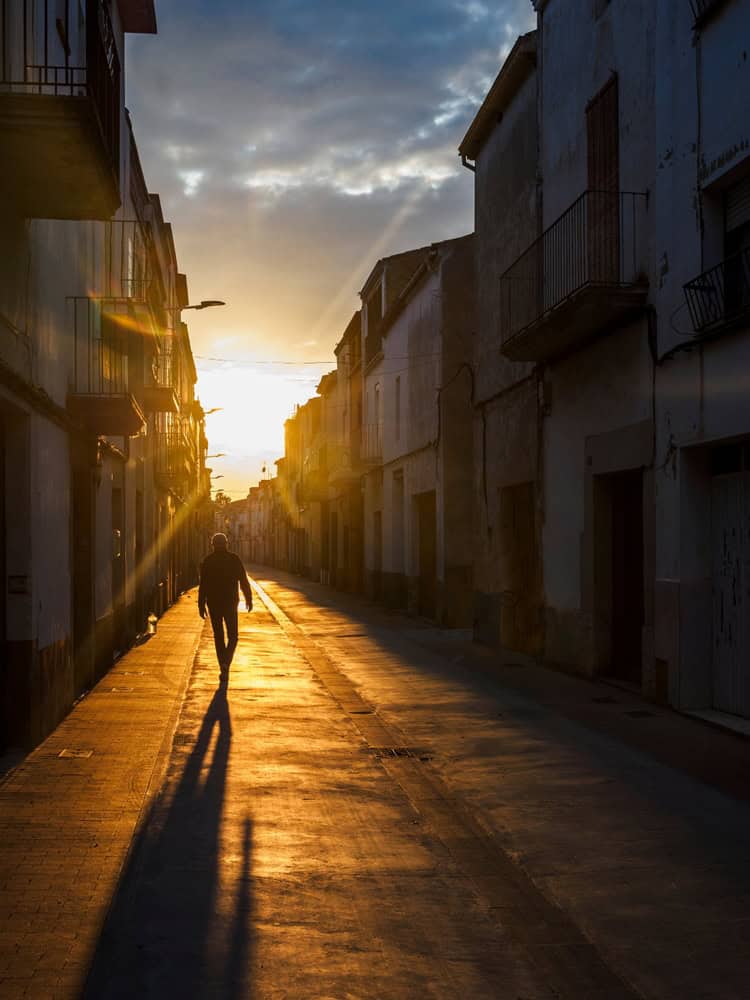
Devon, Connecticut, has a bizarre law that makes it illegal to walk backwards after sunset. This regulation was likely implemented to prevent accidents and ensure pedestrian safety in the dark. While it might seem overly cautious, the law reflects a time when street lighting was insufficient, and visibility was a major concern. It stands as a testament to the lengths local governments would go to protect their citizens.
No Roller Skating on Sidewalks (Ohio)

In Ohio, roller skating on sidewalks was once forbidden. This law was put in place to reduce the risk of accidents and injuries among pedestrians. The popularity of roller skating during certain periods led to a surge in related incidents, prompting lawmakers to intervene. By restricting skating to designated areas, the state aimed to create a safer environment for everyone.
No Throwing Bricks (Mason City, Iowa)
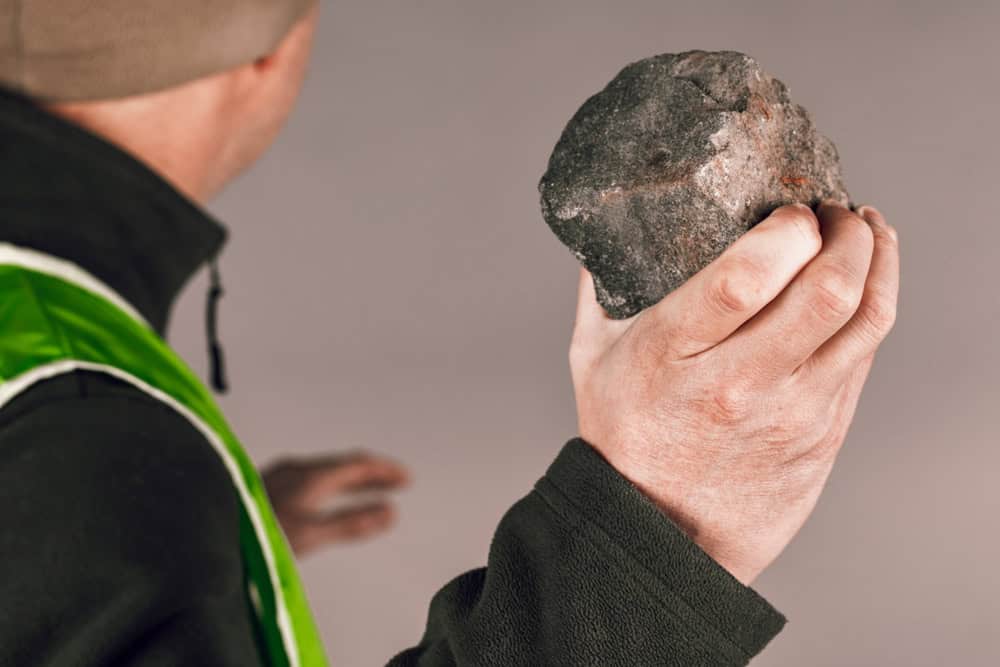
Mason City, Iowa, has a law that prohibits throwing bricks onto highways. This regulation was established to prevent property damage and ensure the safety of motorists. The dangers posed by such reckless behavior were significant, warranting strict legal measures. Although it might seem obvious today, the law highlights the need for clear rules to protect public infrastructure and safety.
No Bear Wrestling (Alabama)

In Alabama, it’s illegal to engage in bear wrestling. This unusual law was enacted to prevent animal cruelty and ensure public safety. Bear wrestling, once a form of entertainment, posed significant risks to both humans and animals. By banning the practice, the state demonstrated a commitment to ethical treatment of wildlife and the well-being of its citizens.
No Whistling Underwater (Vermont)

Whistling underwater is against the law in Vermont. This quirky regulation might have been created more as a humorous addition to the legal code than a practical measure. The difficulty of whistling underwater makes the law almost unnecessary, yet it stands as an example of the peculiarities that can exist in legal systems. It serves to entertain more than enforce.
No Exploding Golf Balls (Massachusetts)

In Massachusetts, selling or using exploding golf balls is illegal. This law was designed to prevent injuries and property damage caused by prank golf balls. While it might sound like a harmless joke, the potential dangers were enough to warrant legal action. The regulation highlights the balance lawmakers must strike between allowing fun and ensuring safety.
No Peacocks on City Buses (California)

California law prohibits bringing peacocks onto city buses. This regulation likely aims to maintain order and cleanliness on public transportation. Peacocks, with their large size and loud calls, could disrupt the peace and comfort of bus passengers. The law underscores the need for practical measures to manage the use of public services.
No Lassoing Fish (Tennessee)
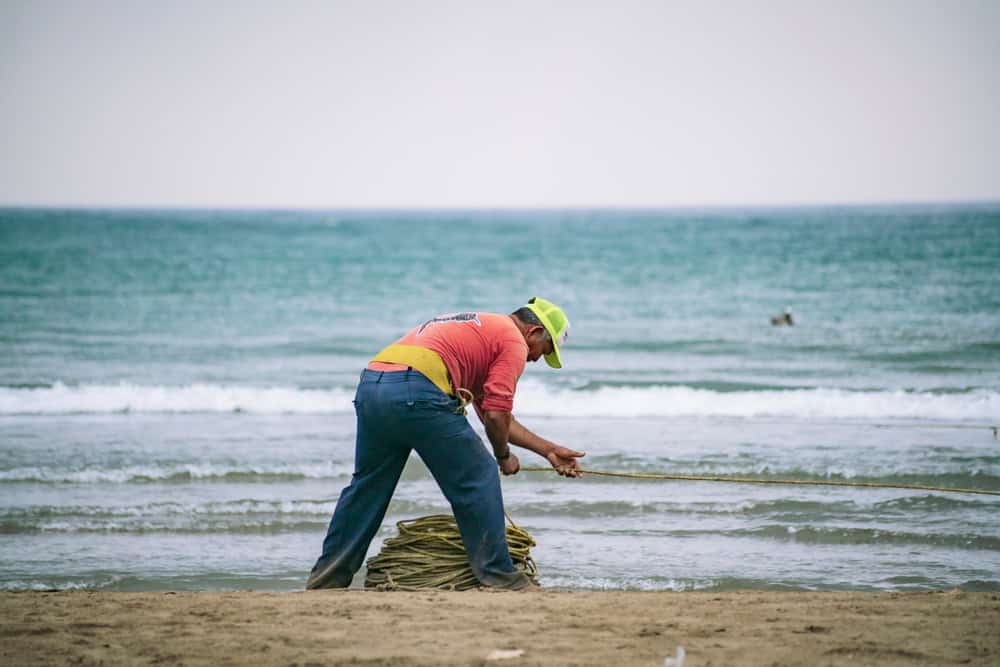
In Tennessee, using a lasso to catch a fish is illegal. This peculiar law was created to promote fair fishing practices. While the image of someone lassoing a fish might seem amusing, the regulation ensures that fishing methods remain ethical and respectful of wildlife. It reflects the state’s dedication to preserving natural resources and sportsmanship.
No Sleeping in Cheese Factories (South Dakota)
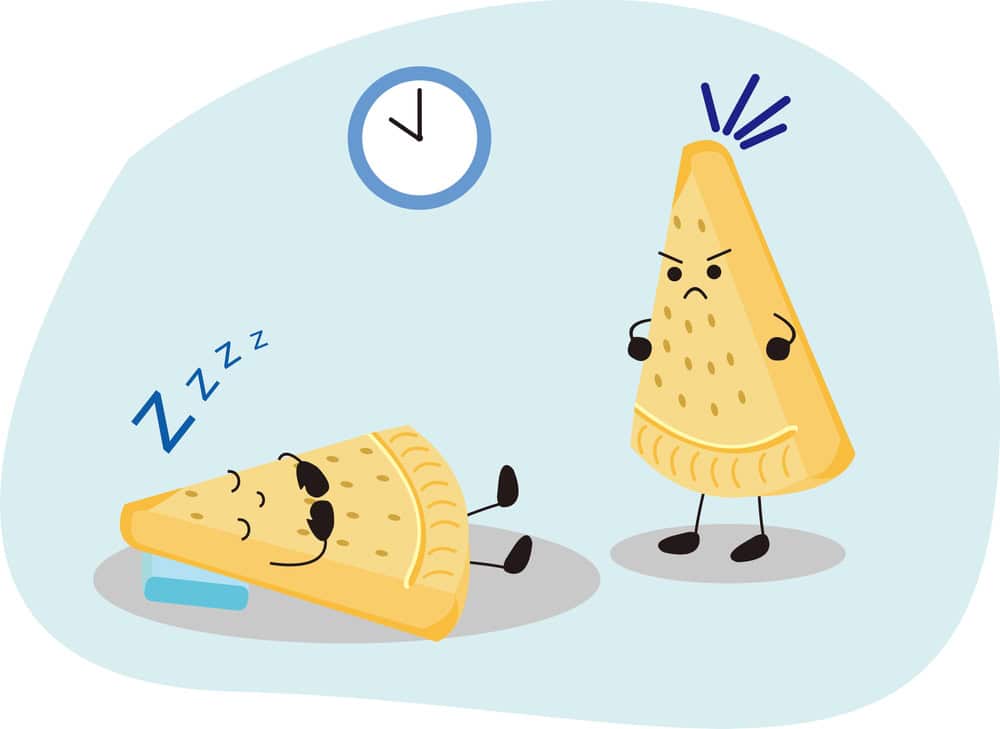
South Dakota has a law that makes it illegal to fall asleep in a cheese factory. This regulation was likely intended to ensure worker safety and productivity. The potential hazards of falling asleep around industrial equipment necessitated such a rule. It stands as a testament to the importance of workplace safety measures.
No Corrupting the Youth with Books (New Jersey)

New Jersey law makes it illegal to sell or distribute books that corrupt the morals of youth. This regulation was aimed at protecting young people from inappropriate or harmful content. By controlling the literature available to minors, the state sought to preserve the moral integrity of its younger citizens. It reflects historical concerns about the impact of media on youth behavior.
No Making Ugly Faces at Dogs (Oklahoma)

In Oklahoma, it’s illegal to make ugly faces at dogs. This odd law likely originated to prevent animal cruelty and ensure public peace. While it may seem trivial, the regulation underscores a broader commitment to the humane treatment of animals. It also serves as a humorous reminder of the unique ways local laws can address community concerns.
No Singing Off-Key (North Carolina)

North Carolina law prohibits singing off-key. This peculiar regulation might have been intended to prevent noise disturbances. While it may seem impossible to enforce, the law reflects an effort to maintain harmony and order within the community. It serves as an amusing example of how legal codes can address even the most unlikely of issues.
No False Pretenses for Marriage (Delaware)

In Delaware, getting married under false pretenses is illegal. This law was designed to protect individuals from fraudulent marriages. By ensuring that all parties enter into marriage truthfully, the state aimed to uphold the institution’s integrity. The regulation highlights the importance of honesty and transparency in personal relationships.
This article originally appeared on Rarest.org.
More From Rarest.Org
In “The 15 Rarest McLaren Cars Ever Made,” we embark on an exciting journey through the elite realm of McLaren’s most exclusive automotive creations. From limited-production hypercars to bespoke editions tailored to perfection, these rare McLaren models represent the pinnacle of automotive engineering and enthusiast passion. Read more.



